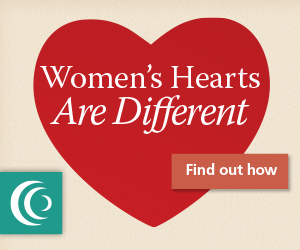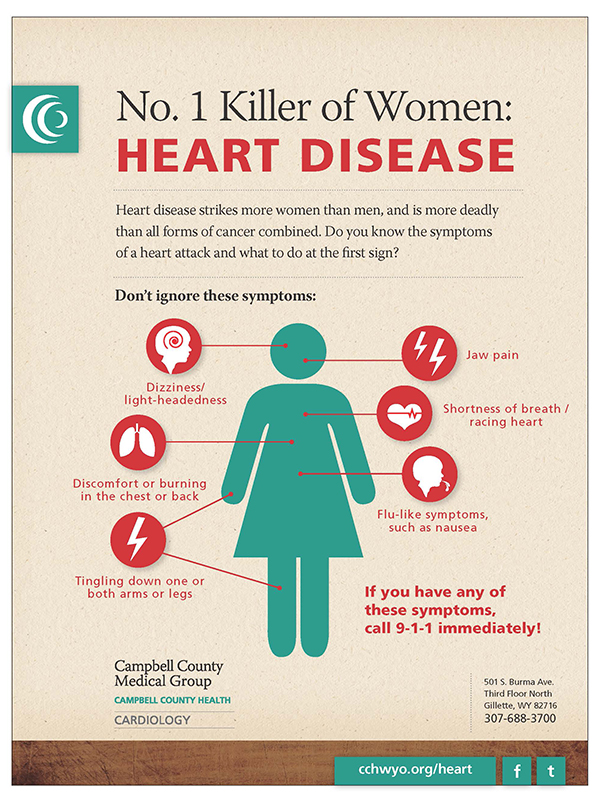Patricia Franklin, or Trisha, as her friends know her, was having chest pains back in early 2015. She didn't know if it was just heartburn or even a heart attack. All she knew was that her chest hurt.
Her husband's boss took her to the Emergency Department and, after tests were performed, she returned home. The next day cardiologist
Dr. Sairav Shah, FACC, with Campbell County Medical Group
Cardiology, called her, requesting she come to the clinic for a consultation that same day. Dr. Shah told her that he and his partner (cardiologist
Dr. Nick Stamato, FACC) found some abnormalities in the test that checked for electrical activity in her heard (an EKG), and she needed treatment right away.
Trisha was scared, but Dr. Shah eased her fears by telling her exactly what was going to happen. The next day she went to the Cardiac Cath Lab at Campbell County Health, where a stent was placed in one of her cardiac arteries. A stent is a device that helps keep the blood vessel open, preventing clots from forming that could cause another heart attack. Trisha also learned to carry medication to thin her blood, and how to take it if the symptoms ever came back.

About a year later, on New Year's Eve, Trisha told her husband Scott that she wasn't feeling well. She took her medication as she had been taught, and when the pain was still there, they came back to the Emergency Department. Dr. Shah was there to tell her that she needed another stent in a different area of her heart and another visit to the Cath Lab. The Cath Lab team performed the procedure through a catheter (a small tube) inserted through her arm into her heart, and Trisha had a successful outcome with no bruising and no scars.
Trisha had a family history of heart disease, losing a sister to a heart attack several years ago. She knows how lucky she is to have the doctors and the Cath Lab here in Gillette.
"I didn't want to have this experience, but it was a good experience," says Trisha. "Everyone in the clinic was super, and Dr. Shah is fantastic."
According to the American Heart Association, heart disease is the No. 1 killer of women, causing one in three deaths each year. And
the symptoms women experience can be different than men.
Women should be aware of shortness of breath, back pain, jaw pain, nausea, or the more well-known heart attack symptoms of chest pain and radiating discomfort in the left arm. If you aren't feeling normal or are experiencing any of these symptoms, call 9-1-1 immediately. It's better to trust your gut and prevent potential damage to your heart.
